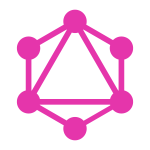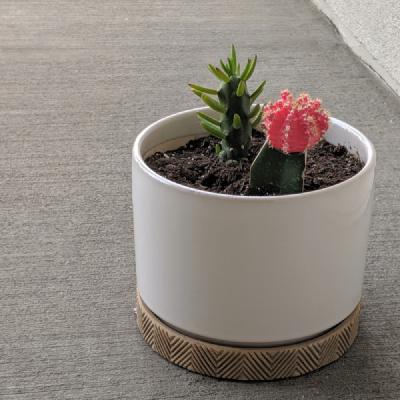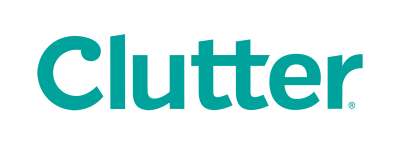Apollo Client Caching
Since I’ve started working at Clutter, I’ve grown to enjoy the Apollo React Client library. However, I’ve noticed that the client’s caching behavior can be difficult to understand and cause surprising issues, so I’ve decided to collect my findings into one easily digestible post. This post assumes a basic understanding of GraphQL.
The major hidden component of Apollo Client is the cache, which sits between every query and the backend server.



